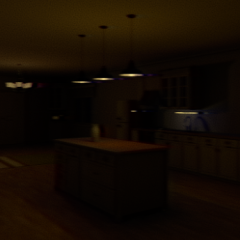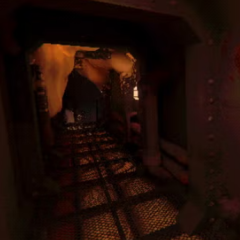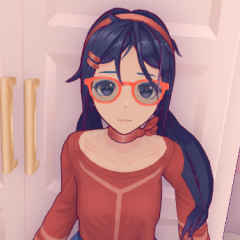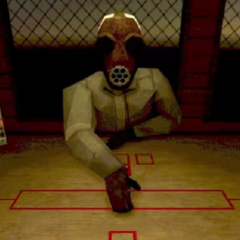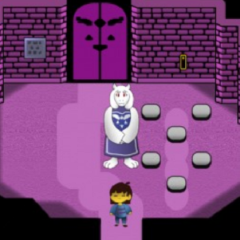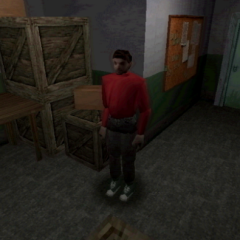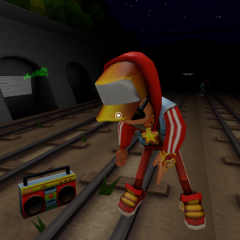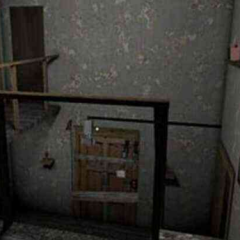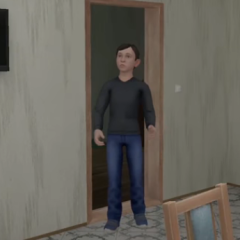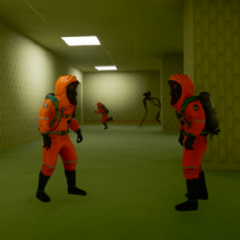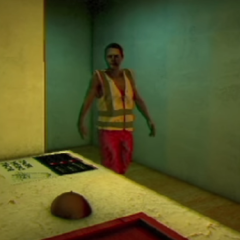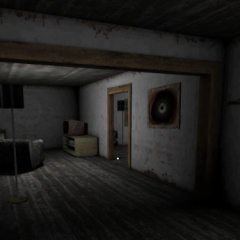Sonic Eyx
Advertisement
Advertisement
Sonic Eyx is a horror-themed reinterpretation of a classic platforming franchise, designed to subvert expectations through atmosphere and distortion. The game appears to begin as a standard side-scroller but quickly reveals darker undertones. Familiar levels are altered with broken textures, reversed music, and unpredictable enemy behavior. The player is placed in a version of the world that feels unstable and manipulated, with shifts in gameplay design that reflect a corrupted presence watching from within the system.
Shifting Tone and Visual Corruption
As the player progresses, each level becomes increasingly unstable. Visual glitches interrupt gameplay, and character animations shift from fluid to erratic. Enemies behave inconsistently, sometimes vanishing or freezing in place. The environment changes without warning, closing paths or replacing platforms mid-run. The game uses these shifts to create unease, breaking the player’s understanding of how levels function. What once seemed familiar transforms into something designed to disorient.
Game Structure and Player Role
Sonic Eyx does not follow a traditional game progression. There are no clear goals or level counts, and checkpoints may be removed without warning. The player may find themselves repeating areas with altered rules, suggesting the presence of an external force influencing the world. Cutscenes include distorted audio, red eyes in the background, and messages that appear to target the player directly. This narrative approach focuses less on storytelling and more on building discomfort through implication.
Core features include:
· Altered versions of familiar zones
· Visual and audio distortions triggered by progression
· Enemies and hazards that behave unpredictably
· Looping or corrupted level sequences
· Hidden messages that break the fourth wall
Atmosphere and Repetition
The sound design in Sonic Eyx relies on silence, static, and reversed effects. Background music occasionally fades out, replaced by low-frequency noise or whispers. These choices create an atmosphere of surveillance and isolation. Replaying levels is common, but each attempt brings subtle differences, as if the game is adjusting itself based on player actions. There is no clear antagonist, but the presence behind the changes feels consistent and deliberate.
Sonic Eyx uses the shell of a classic platformer to explore psychological discomfort through repetition, distortion, and lack of control. Players are not only reacting to threats but questioning the stability of the game itself. By stripping away predictable structure and introducing an entity that manipulates the world in real time, the experience becomes less about victory and more about enduring an ongoing breakdown. The game challenges memory, perception, and trust in familiar mechanics.







